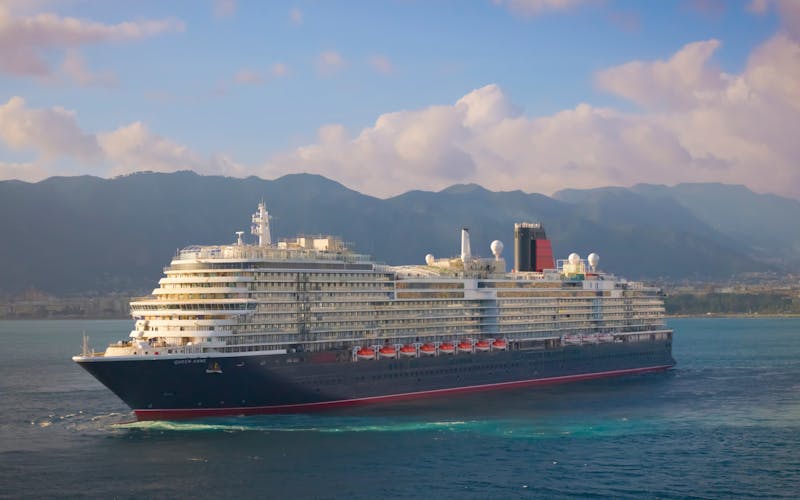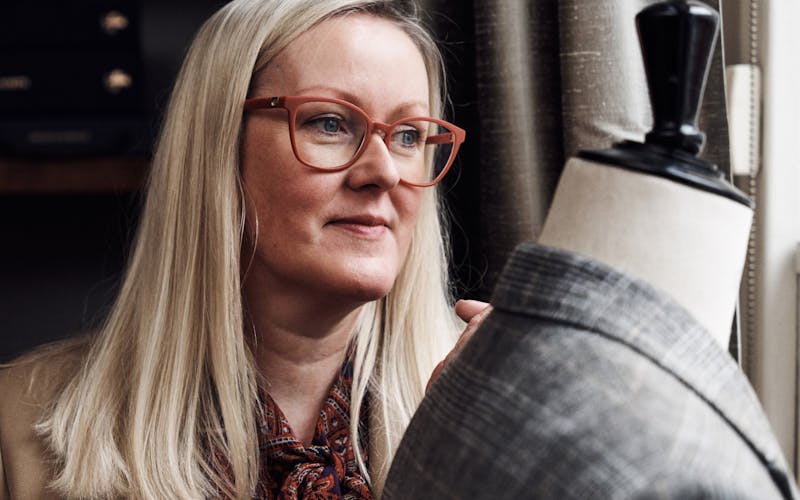
Please click here to read the Manifesto.
A central pillar of the British Luxury Sustainability Manifesto was to create category-specific Working Groups, bringing together the sustainability leads across the Walpole membership with a goal to enable collaboration, share experience and best practice, combine resources and align on areas of joint action with the mission of accelerating the pace of change towards a more sustainable future for luxury in the UK.
Seventy Walpole brands actively participate in the Working Groups – representing all sector verticals including Fashion & Apparel, Watches & Jewellery, Beauty & Fragrance, Food & Drink, Hospitality & Services, Automotive & Aviation, Retailers & eTailers, and Interior Design & Craftsmanship – and have met virtually every 6 to 8 weeks since September. These Groups are proving to be a powerful forum for the British luxury community with areas of knowledge sharing and action including:
Progress towards more sustainable packaging
Sharing work on packaging audits, alternative materials and solutions, recyclability, experience of global re-packaging initiatives, and particular challenges around inbound and consumer facing packaging.
The challenges of plastics in the supply chain
Pooling of alternatives solutions to reduce the use of plastics and increase the use of recyclate, as well as inputting into the UK consultation on the Plastics Tax.
Materials supply chain
Sharing material-specific insights on cashmere, linen, wool, leather and glass in brands’ supply chains, as well as supply chains for precious metal and stones.
Carbon emission reduction
How businesses are working to reduce their carbon footprint across all operations.
Social impact
How business are addressing diversity and inclusion initiatives, living wage, the gender pay gap and supporting local communities through their supply chain.
Communications
How best to communicate brands’ sustainability work to customers, media and stakeholders, as well as navigating accreditations and understanding which accreditations are most relevant and appropriate for individual businesses.
Insights and research
In addition to meeting as categories, there is much sharing of insights, experiences and relevant research across all working groups, enabling businesses to learn best practice from other sectors – for example, the fashion and interiors Groups sharing their expertise and knowledge in materials such as cashmere, wool, linen and cotton.
Get involved
If you haven’t already done so, please do sign up to Walpole Sustainability Manifesto or join our Working Groups – there are three simple criteria to be involved:
1. Endorsement from senior leaders to prioritise sustainability at the highest levels in their businesses
2. Identify a person in charge of sustainability within the businesses
3. Promote proactive and transparent communications around sustainability both internally and externally
For more information, and to find out how to get involved with Walpole's Sustainability work please contact Charlotte Keesing and Stephanie Robinson.
Tell us your Sustainable Stories
If you are a Walpole member and would like to share your 'sustainable stories' - the ways your brand is working towards one or more of the four principles of the British Luxury Sustainability Manifesto - please contact Jenni Rayner and Celandine Wade on [email protected].
We will be relaunching our 'Sustainability Wednesdays' in the Daily Luxury Digest at the end of March, and look forward to sharing how Walpole members are supporting our ambition for British luxury to become a world leader in sustainability.





